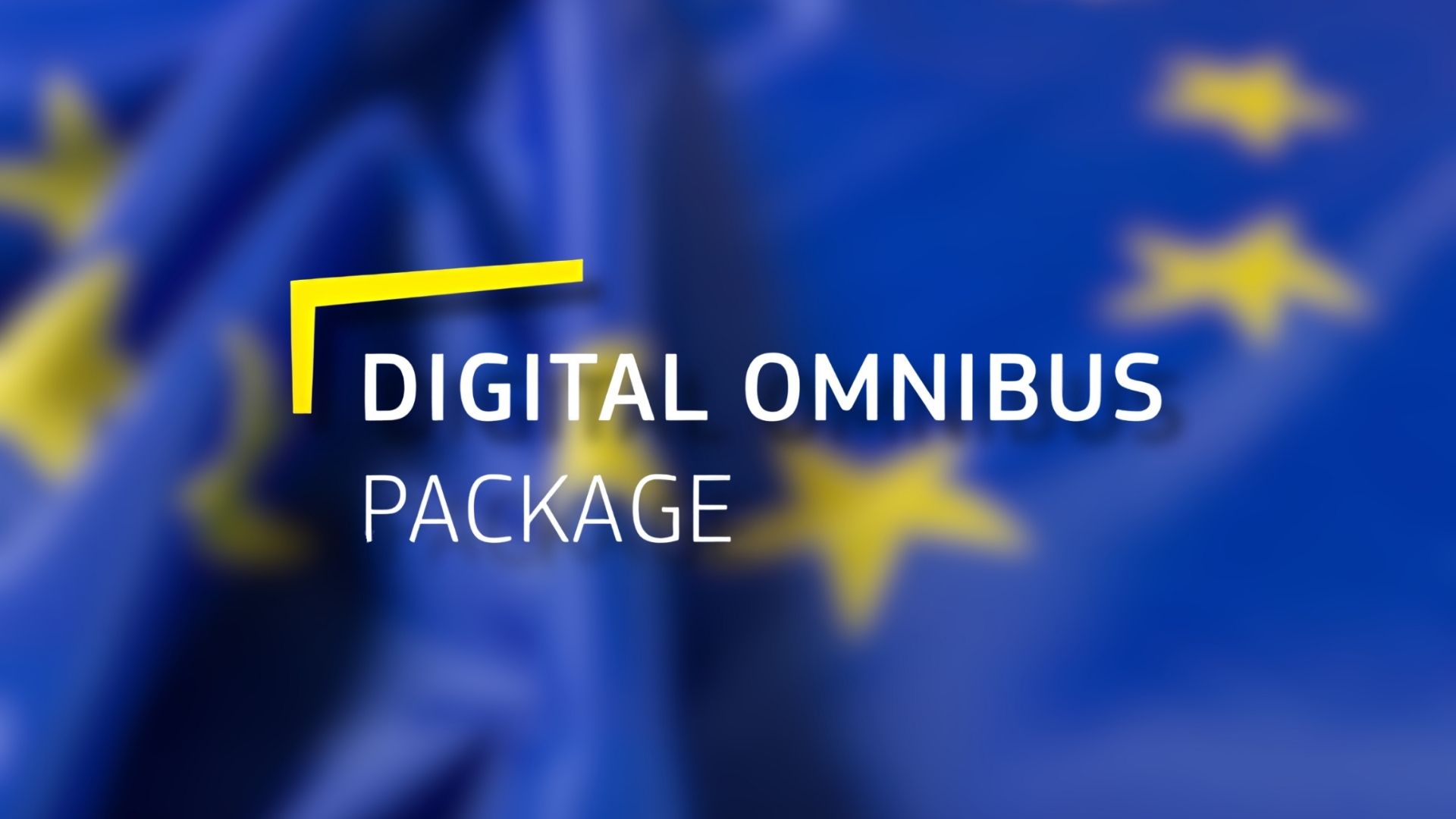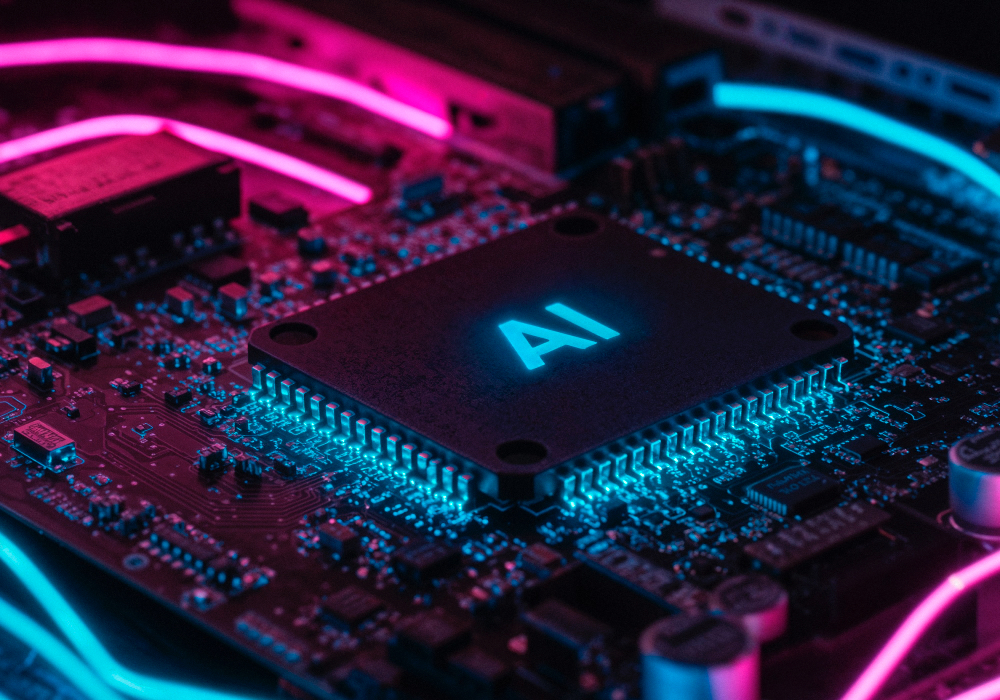France has unveiled a new push to reduce Europe’s dependence on US and Chinese technology suppliers, placing digital sovereignty back at the centre of the EU policy debates.
Speaking in Paris, France’s minister for AI and digital affairs, Anne Le Hénanff, presented initiatives to expose and address the structural reliance on non-EU technologies across public administrations and private companies.
Central to the strategy is the creation of a Digital Sovereignty Observatory, which will map foreign technology dependencies and assess organisational exposure to geopolitical and supply-chain risks.
The body, led by former Europe minister Clément Beaune, is intended to provide the evidence base needed for coordinated action rather than symbolic declarations of autonomy.
France is also advancing a Digital Resilience Index, expected to publish its first findings in early 2026. The index will measure reliance on foreign digital services and products, identifying vulnerabilities linked to cloud infrastructure, AI, cybersecurity and emerging technologies.
Industry data suggests Europe’s dependence on external tech providers costs the continent hundreds of billions of euros annually.
Paris is using the initiative to renew calls for a European preference in public-sector digital procurement and for a standard EU definition of European digital services.
Such proposals remain contentious among member states, yet France argues they are essential for restoring strategic control over critical digital infrastructure.
Would you like to learn more about AI, tech and digital diplomacy? If so, ask our Diplo chatbot!










